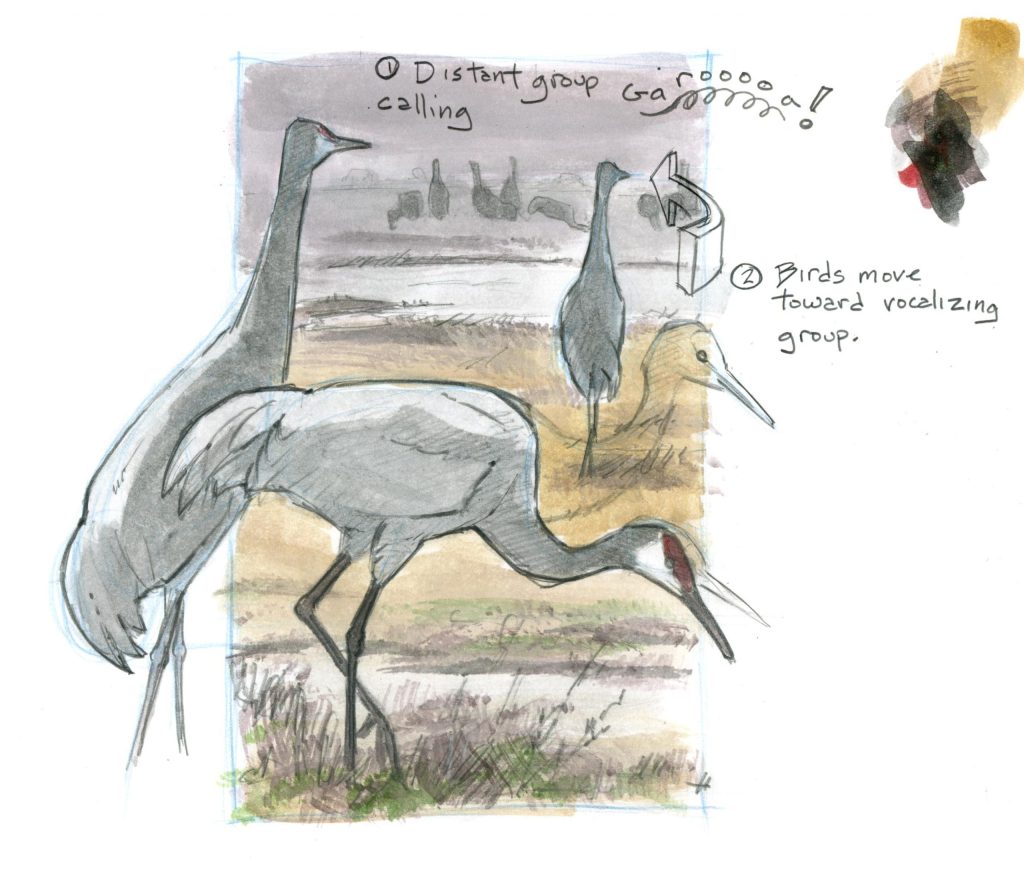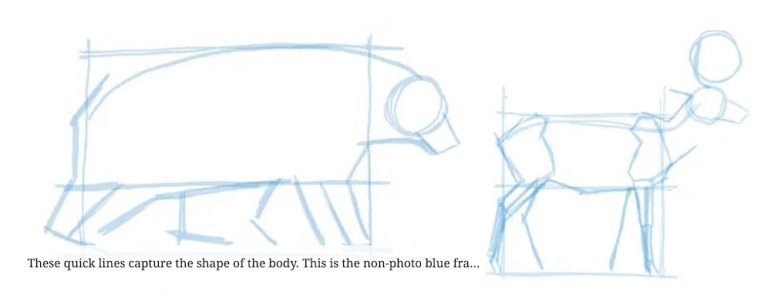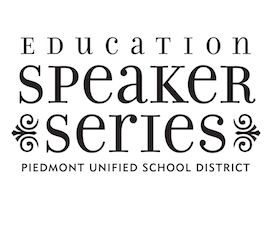Adults and children watching last week’s program in PEF’s Education Speaker Series, were treated to an engaging introduction to nature journaling. Wildlife biologist, educator, and artist John Muir Laws’ “tell and show” presentation and brief webinar invited participants to follow his longstanding practice of keeping a nature journal. He said it is the “number one tool” to improve creative thinking, increase curiosity and help people of any age become better observers.
Moreover, the endeavor to build journaling skills that involve drawing, diagraming, documenting and writing about phenomenon observed in nature can begin at any time and will supply a lifetime of endless learning.
Applied in classrooms and homes, he promised teachers and parents will find extra benefits beyond simply energizing young minds and initiating critical thinking skills in their students and children. Nature journals are an incredible resource for teachers to understand how students are thinking and for parents to gain insights about their children because “it’s all of their thinking laid bare,” Laws said. Unlike a diary, journals are not composed of private information or thoughts kids may not want to share with adults.
Key points of the program all circled around basic principles Laws emphasized repeatedly: drawing is not a mysterious talent or gift, but a skill achieved with repetition and effort; cultivating questions — known by scientists as practicing “deliberate curiosity” — is foundational to building three essential cognitive skills. The trio of skills link to catch phrases and are attention (“I notice….”), curiosity (“I wonder….”) and creativity (“It reminds me of….”).
Laws provided examples of experiences he has had journaling with all age groups, from very young children whose motor skills require assistance holding a pencil to college students he has worked with at Stanford University to adults participating in his workshops and tutorials.
A scientist as well as an artist, Laws referenced peer-reviewed studies about the brain to substantiate the neurological impact of his claims about nature journaling: facts about cognitive load limits, the importance of dialogue, modeling and not journaling in a silo were all part of the presentation.
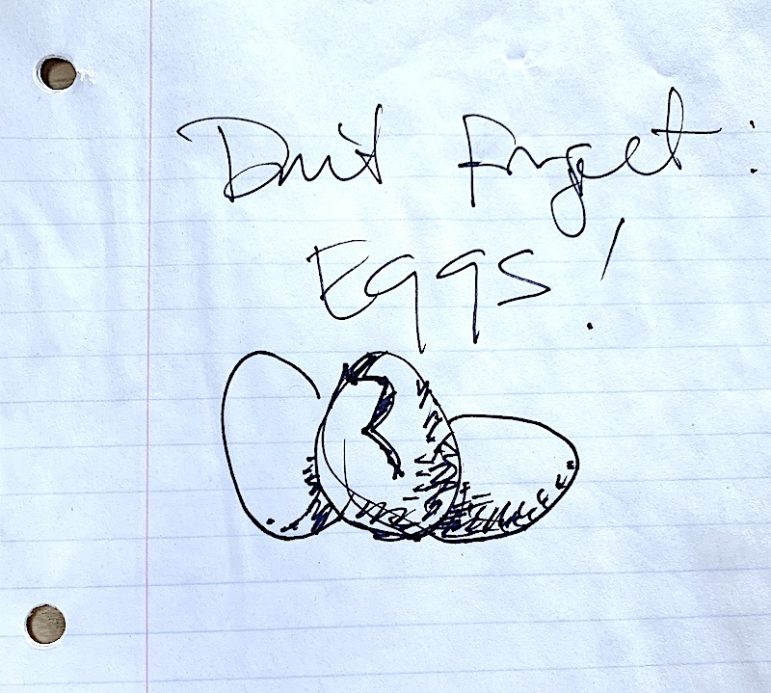
The combination of writing words and drawing pictures does wonders for memory retention. A person trying to remember to buy eggs at the grocery store could be thinking “eggs, eggs, eggs, all day,” and either be unable to focus on anything else or get distracted and neglect to buy the eggs later that same day. Writing it down, with a quick sketch or doodle can help.
Q&A with viewers prompted Laws to emphasize that acronym STEM — “science, technology, engineering, math” without the A (for “art”) to become STEAM — would be missing a vital resource for thinking and learning.
Laws explained that when observing and sketching nature, adding numbers by measuring, timing, accounting and estimating results is “the best possible system” for training kids’ brain to be “brilliant and bustling with energy.”
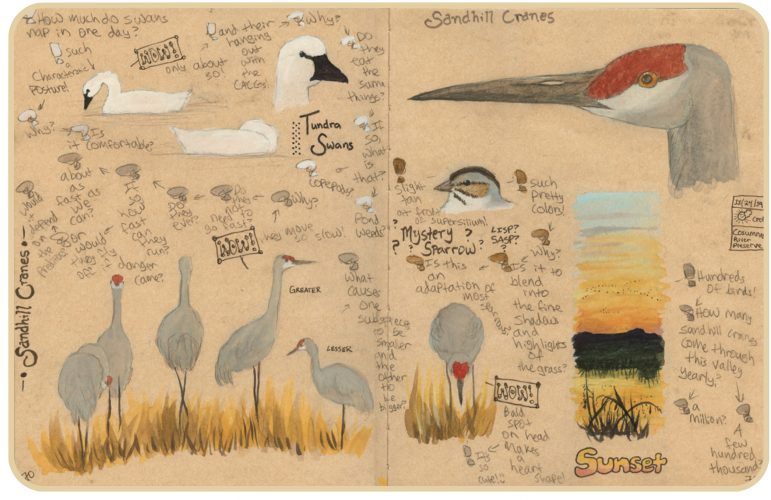
The practices needed to structure and initiate a journaling project outlined in the program are simple. Free videos, tutorials and an online version of his how-to book on nature journaling are available to anyone at his website (johnmuirlaws.com). His website features a blog where he communicates with novice (and expert) nature journalists, old and young alike.
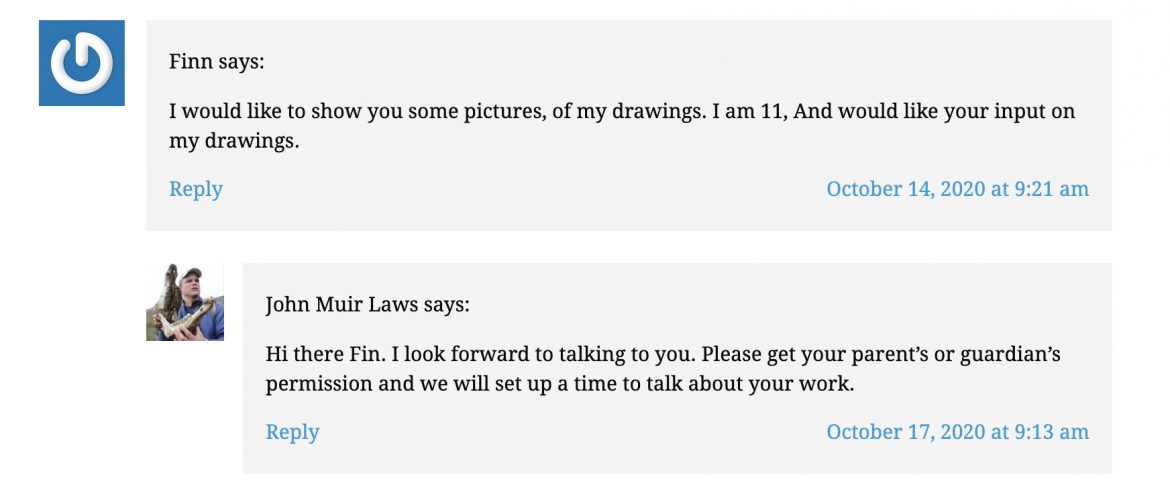
Another benefit of nature journaling? During the pandemic and despite the need for social distancing, the activity can be performed anywhere by everyone. “It doesn’t have to be a pretty park,” he said, showing his journals that included words and notes with observations on beans he had studied at Costco, a dead fly found in his window, worms on asphalt and more.
Which emphasizes a final point. The best way to get kids excited about nature journaling is for adults to model the activity themselves. Can’t draw? With practice, Laws believes anyone can improve — and besides, the art is aimed at usefulness, not beauty.
Best of all, nature journaling strengthens connectivity in the cognitive network, and when that activity is shared with others, it reinforces bonds within classrooms, homes and the community. Visit johnmuirlaws.com to discover more on the art and practice of nature journaling.
The next Education Speaker Series event is not until January 26, 2021. Ariel Trost, a clinical psychologist and Piedmont mom, helps parents and caregivers to understand and respond to young people’s disordered eating, body image concerns, and anxieties related to their relationships with their bodies and food. To purchase tickets, please visit piedmontstore.org/collections/phs-essentials/products/education-speaker-series-ess-topics-related-to-raising-healthy-children-young-adults.
